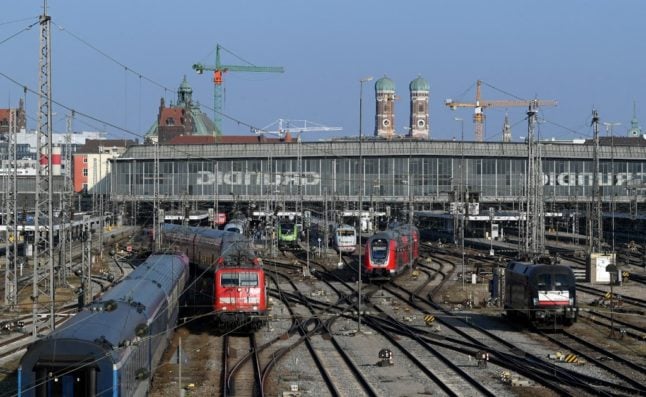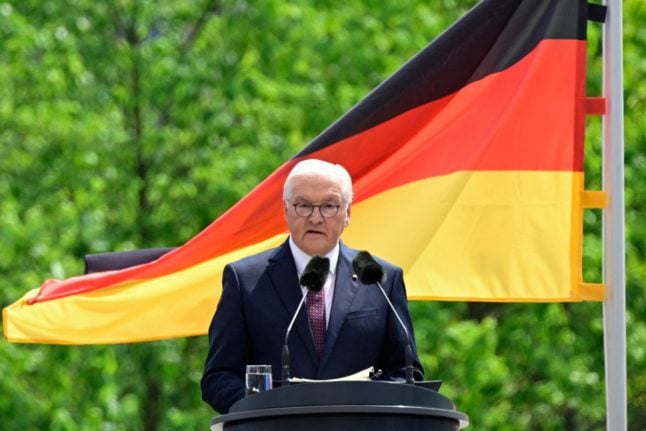A poll carried out by the Kantar institute for Focus news magazine found that 79 percent would like to see a similar state-subsidised ticket once the €9 ticket initiative ends.
This rose to 90 percent in the under-30 age group.
Sixteen percent did not want the initiative – or a similar one – to continue.
With the cut-price ticket set to expire at the end of August, the matter has been a topic of hot debate recently with politicians disagreeing about a follow-up and transport chiefs calling for a short extension.
READ ALSO: Germany’s €9 ticket should be extended by two months, say transport chiefs
Finance Minister Christian Linder has rejected the idea of any subsidised travel tickets continuing beyond August as it is too expensive.
“The €9 ticket is a time-limited measure, just like the tax relief at petrol stations. Therefore, neither a continuation of the petrol station discount nor funds for a follow-up arrangement to the €9 ticket are provided for in the federal budget,” the FDP leader told the Funke media group.
Taxpayers finance the cost of these tickets as they do not cover costs; this means that even those who cannot use them – such as those who live in rural areas less well-served by public transport – also pay for them, he explained.
But Green party head Ricarda Lang saw it differently: “Obviously, the potential for affordable public transport in Germany is huge and the nationwide €9 ticket is a successful model for which we should find a follow-up arrangement – not least from a climate policy point of view,” she told the Tagesspiegel on Sunday.
She said the party would always be ready to talk about getting rid of subsidies that damage the environment and the climate to find the funds for continuing the initiative.
Meanwhile, the €9 ticket is causing difficulties for other transport sectors.
Around half of all coach and long-distance bus companies reported a drop in demand in a quick survey carried out by their own association, the Federal Association of German Bus Companies said, according to German newswire DPA.
Because of the cheap public transport tickets, in June, organisers booked private buses or coaches for class and club trips far less frequently.
Demand from these two key groups fell by more than half on average and by more than two-thirds in a third important customer group – older people.
The €9 tickets were introduced June and are also available in July and August. They allow people to travel across Germany for a month on buses and local trains.
READ MORE:
- Which foreign countries can you visit with Germany’s €9 ticket?
- How to explore Germany by train with the €9 ticket
- €9 for 90: Everything you need to know about Germany’s cheap travel deal
- Nine of the best day trips from Frankfurt with the €9 ticket
- Nine of the best day trips from Munich with the €9 ticket



 Please whitelist us to continue reading.
Please whitelist us to continue reading.
Member comments